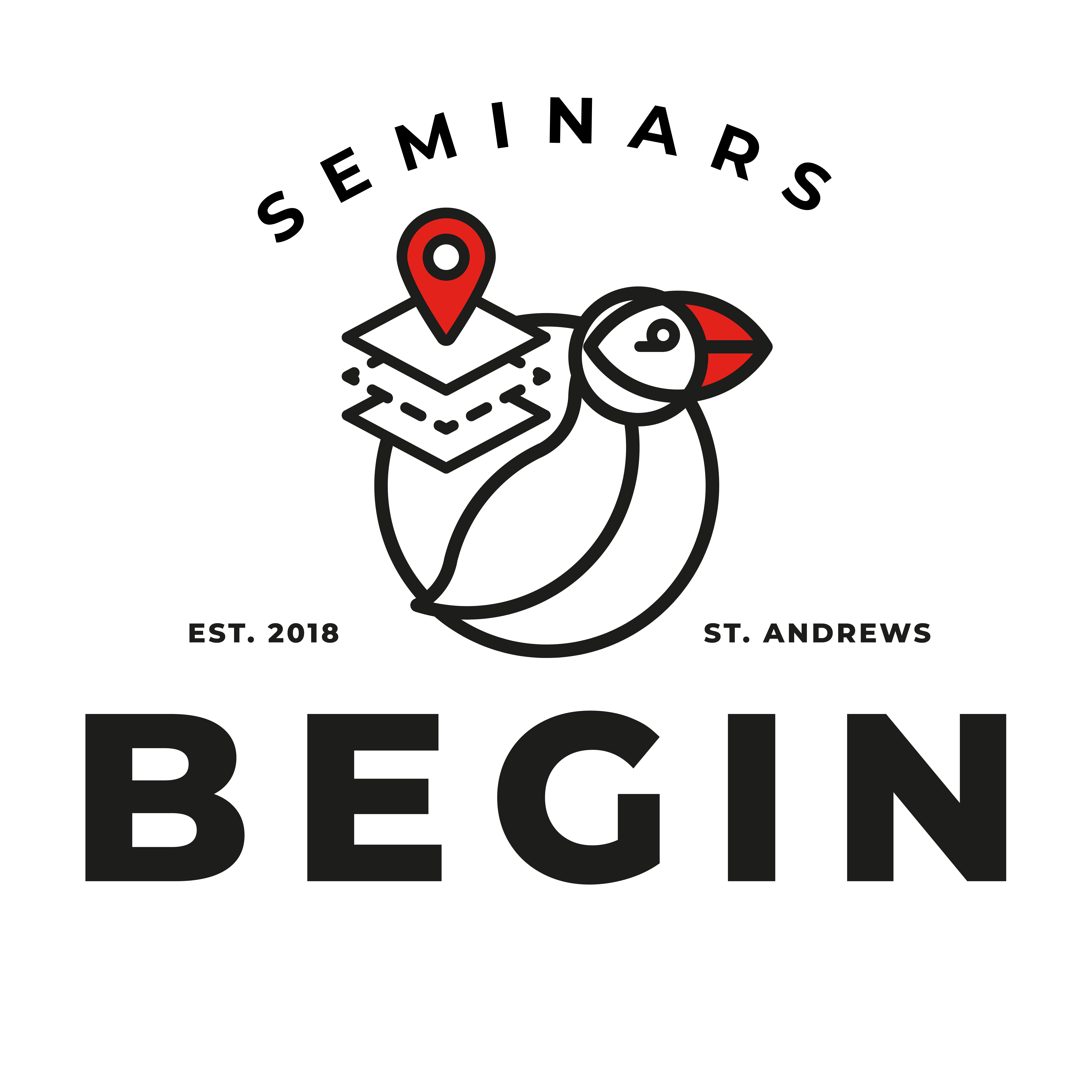BEGIN seminar – Prof Ana Basiri
Date: 29 July 2020
Time: 15:00-16:00
Venue: The link for the event will be sent on the morning of the 29th to those that RSVP
Please RSVP at [email protected] until Tue 28th of July to receive the link.
All welcome!
Extracting 3D maps of cities from blockage and attenuation of Positioning signals
3-Dimensional (3D) models of cities are beneficial or even essential for many applications, including energy consumption modelling, emergency evacuation and responses, positioning and navigation (particularly for autonomous cars and drones in urban canyons), and Building Information Modelling (BIM). This talk discusses the crowdsourcing-based approach to create accurate 3D models from the blockage and attenuation of the free-to-use and globally-available data of Global Navigation Satellite Systems (GNSS) and other available signals such as WiFi. The effects of urban features, such as buildings and trees, on GNSS signals, i.e. signal blockage and obstruction, and attenuation will help to recognise the shape, size, and materials of urban features, through the application of statistical, machine learning (ML) and artificial intelligence (AI) techniques. The spatio-temporal patterns will be used for creating and updating the 3D models of cities at a high level of detail (LoDs), i.e. approximating the façade and the building materials, e.g. windows, from which the signals are reflected or have gone through. The 3D models will feed into 3D-mapping aided GNSS positioning (and integrated with other signals e.g. WiFi) which can ultimately provide more continuous and accurate GNSS positioning in urban canyons and indoors.
Biography
Professor Ana Basiri holds a chair position in Geospatial Data Science at the University of Glasgow and is a UK Research and Innovation Future Leaders Fellow, and the Editor in Chief of Journal of Navigation. Ana works on developing solutions that consider gaps, unavailability, and biases in crowdsourced data as a useful source of data. For this, she leads an interdisciplinary team and collaborates with world-leading academic and industrial partners, including Ordnance Survey GB, Uber, Alan Turing Institute, and engage with the public, policymakers and government. She has published more than 40 peer-reviewed journal papers and book chapters, chaired several conferences, and received several awards and prizes, including Women Role Model in Science by Alexander Humboldt and European Commission Marie Curie Alumni.
